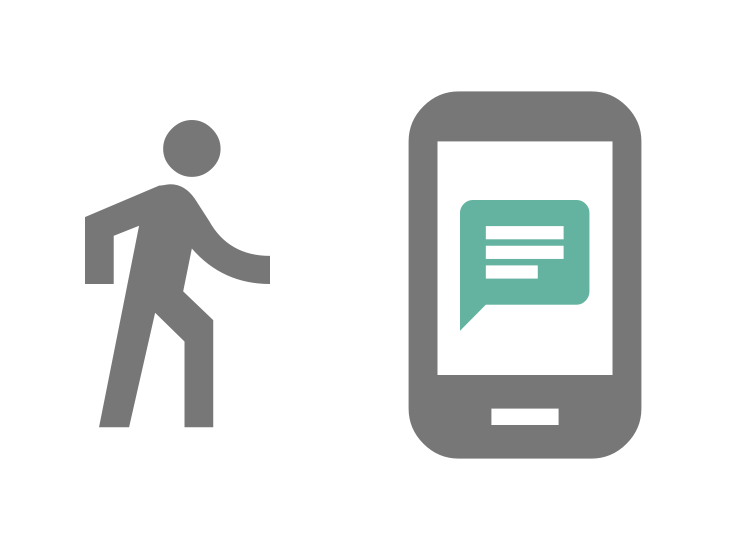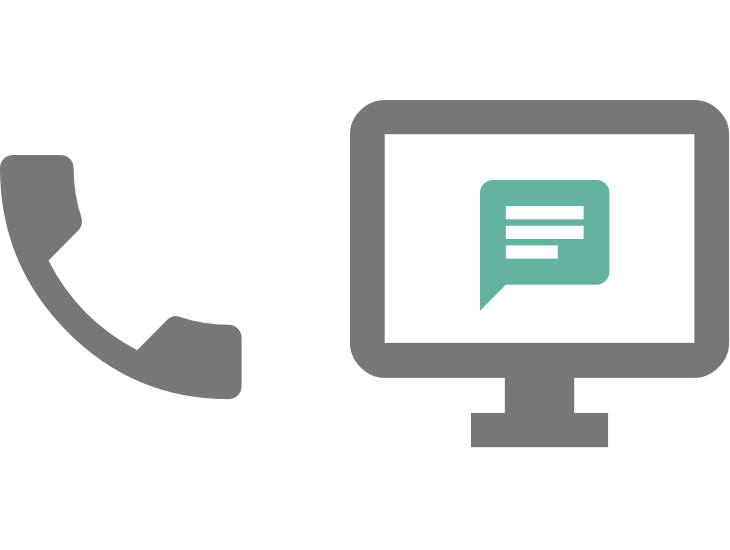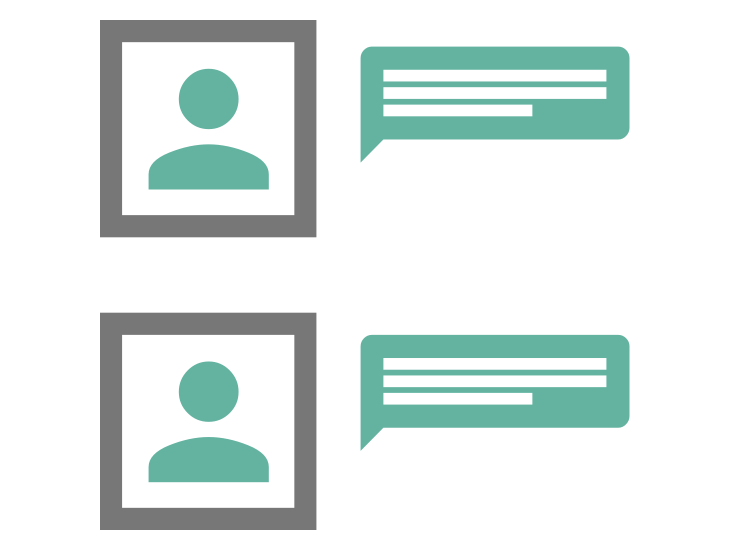GDLive Newsfeed
We check in with people at each stage of the cash transfer process to see how things are going. Take a look at some of their stories as they appear here in real-time.
Learn more about how recipients opt in to share their stories.

access_time
3 months ago
Nayeni
received a $142 initial payment.
"When I received the unconditional cash transfer, I immediately knew I had to address our deteriorating kitchen. The old kitchen was in a bad state, with one wall already collapsed. So, I bought four iron sheets, roofing nails, and a new door for $73. I managed to complete the construction of a small separate kitchen using the old iron sheets for the walls and the new ones for the roof. It feels good knowing that we now have a safer place to prepare our meals. With the kitchen sorted, I purchased three plastic chairs for $25. Now, we have proper seating when we sit outside, and our visitors have a place to sit when they come over. It’s a simple upgrade, but it has made a big difference in our daily lives and social interactions. Lastly, I used $20 to buy 45 kilograms of maize, ensuring we had enough food for the household. I also spent $10 on sugar, tea leaves, and cooking oil. To support my maize farm, I bought five liters of fuel for $15, which I used to power my generator to pump water from the river for irrigation. The remainder of the money covered my transport to and from Marigat. Every dollar was spent thoughtfully, and it has greatly improved our living conditions."
View Nayeni's
profile

access_time
3 months ago
Dhahabu
received a $27 twenty-ninth payment.
"I am a mother of six, and to provide for my family of eight, I engage in subsistence farming and sell vegetables while my husband works as a fisherman. The support we've received from GiveDirectly has been a lifeline. The most recent three transfers amounting to $102 have been crucial for us. I carefully allocated the money to meet our immediate needs and secure our future. Firstly, I used $23 to pay the examination fees for my four primary school children. Education is their path to a better future, and I wanted to ensure they could sit for their exams without any obstacles. Then, I spent $20 on food, ensuring that my family had enough to eat and could focus on their daily activities without the worry of hunger. As a farmer, I mostly rely on irrigation due to the lack of rains in our region. To keep my vegetable crops growing and my farm productive, I used $34 to buy petrol for the generator that pumps water to my farm. This investment is crucial to maintaining our income from vegetable sales. With the remaining $25, I bought a small goat to add to the five I already had. This goat is not just an animal; it's an investment in our future. As the herd grows, it will become a valuable asset that can help us cover expenses and provide for our family in times of need."
View Dhahabu's
profile

access_time
3 months ago
David
enrolled.
"Food insecurity is the biggest challenge because of unpredictable rain patterns. We hardly harvest anything when we depend on the rain for farming because it is not sustainable at the same time practicing irrigation farming is expensive because the source of water is five kilometers. I currently do a motorbike taxi to ensure my family does not lack anything."
View David's
profile

access_time
3 months ago
Robinson
enrolled.
"Since I'm not allowed culturally to live near my parents, I plan to purchase a piece of land. It will cost approximately $300. On this land, I will build a one-roomed house plus a small space for a shop attached to it. I have already purchased enough iron sheets and wood. This means I will only need nails, cement and the services of a carpenter. It will only require an additional $200. When I finally have my own home, I'll be comfortable and proud of myself. My wife will also run the shop business while at home. I'll buy her stock worth $200. The profits will help buy food or help purchase clothes for our child.
Farming does well here, especially due to the hot climate and availability of water for irrigation. This is an opportunity to make easy money. Will spend the rest of the transfer on farming. I will start small, that's doing vegetable farming."
View Robinson's
profile

access_time
3 months ago
Jeremiah
received a $348 third payment.
"I recently received $450 from GiveDirectly, and I was so happy that I decided to invest this money in farming. I already had a farm where I planted maize using the first GiveDirectly transfer, so I used $180 from this new transfer for harvesting labor. I was overjoyed with the harvest, gathering 20 bags of maize—something I had never achieved before. I decided to keep the maize for home use to ensure that my family would not lack food in the future, as having enough food here is a real challenge.
The remaining money was invested back into the farm. It covered the costs of land preparation, purchasing maize seeds, and irrigation. I had already bought a generator using GiveDirectly's second transfer, which made irrigation possible. Farming has become something I want to continue doing, even after the GiveDirectly transfers end.
My plan is to sell the produce from this one acre of land to buy a motorbike, which will make it easier for me to get around, especially when I need to buy farm inputs. GiveDirectly's support has given me a purpose and something productive to do every day, which I didn't have before."
View Jeremiah's
profile

access_time
3 months ago
Tecla
received a $349 third payment.
"My plan for this year and the coming years depends on the produce from the land I cultivated with GiveDirectly's second transfer. If I get a good harvest, which I am hopeful for because I use irrigation and do not rely on rain, I plan to use the produce to build a house for my three children. Now that I have my own house, it is important to provide them with a home where they can have privacy and comfort. I will also save money to keep farming and make this endeavor sustainable."
View Tecla's
profile

access_time
3 months ago
Jackson
received a $349 third payment.
"My plan for this year and the years to come is to increase the number of goats I have. In this area, farming is not possible due to the harsh climatic conditions and severe drought. We don’t have a reliable water source for irrigation, so the only viable agricultural activity is goat farming, which thrives here.
I plan to save money from my casual jobs so that I can buy a goat once in a while. I believe that by doing this, I will be able to sustain my family with enough food and have resources to handle emergencies."
View Jackson's
profile

access_time
3 months ago
Eunice
enrolled.
"Lake Baringo has been extending over the last decade, and we lost our farm land. Due to this, we moved to higher ground which is less fertile. It's rocky and no access to river or lake water for irrigation. This has affected my ability to provide food for my family. The persistent drought means zero yields for us. We no longer farm. I depend on manual jobs such as planting, harvesting or weeding farms. Farming is costly due to the massive piping and huge pumps needed to pump lake water. Outsiders have come to the village and do farming giving us manual jobs. They pay $3.50 per day, and we hardly find these jobs. This has affected our ability to buy food. We hardly have two meals a day."
View Eunice's
profile

access_time
3 months ago
Milton
enrolled.
"Our village together with surrounding villages have the advantage of being positioned close to Lake Baringo. With sufficient water, farmers grow tomatoes through irrigation. This has become a source of our livelihood since we earn income through providing casual labor in these farms. I am happy because I earn a daily income($3) to buy food for my family."
View Milton's
profile

access_time
3 months ago
Jumaa
received a $27 twenty-fourth payment.
"In the upcoming year, my main goal is to finish digging the borehole I'm currently working on. Once completed, this borehole will provide a reliable water source for irrigation, enabling me to grow vegetables even during dry periods. This consistent water supply will ensure year-round crop harvests, providing a stable food source for my family and surplus produce to sell. While working on this project, I imagine a future where my small farm flourishes and I can secure a steady income."
View Jumaa's
profile





